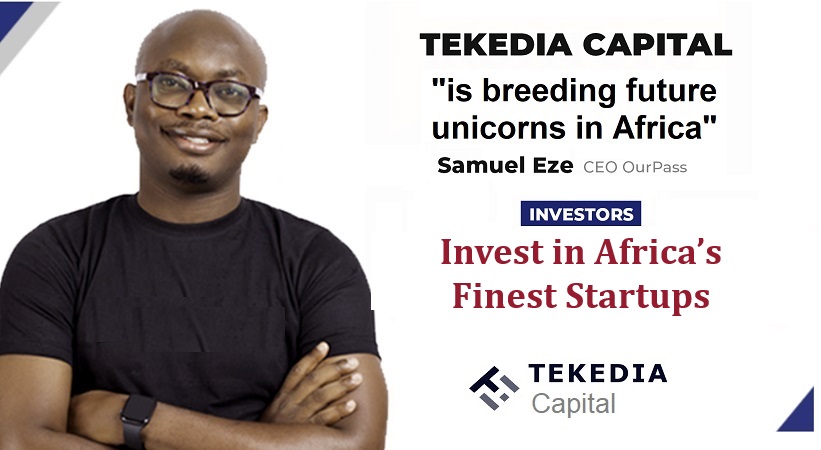
The UK Financial Conduct Authority (FCA) has recently announced that it has granted permission to a fintech company to launch a platform that will allow investors to buy and sell tokenized shares of investment funds. This is a significant milestone for the adoption of blockchain technology and digital assets in the financial sector.
Tokenization is the process of converting an asset, such as a share, bond, or property, into a digital token that can be stored and transferred on a blockchain network. Tokenization can offer several benefits for investors and fund managers, such as:
Increased liquidity: Tokenized assets can be traded on secondary markets, enabling investors to exit their positions more easily and quickly. Reduced costs: Tokenization can eliminate intermediaries and streamline processes, reducing administrative fees and commissions. Enhanced transparency.
Tekedia Mini-MBA (Feb 5 – May 4, 2024) registration has started; beat early birds for discounts here.
Tekedia AI in Business Masterclass opens registrations here.
Join Tekedia Capital Syndicate and invest in Africa’s finest startups here. Ten startups available.
Tokenization can provide real-time information on the performance and holdings of the funds, increasing trust and accountability. Greater access. Tokenization can lower the barriers to entry for investors, allowing them to participate in funds that were previously inaccessible or too expensive.
How does blockchain tokenization work?
Blockchain tokenization is a process of creating a digital representation of an asset on a blockchain network. This allows the asset to be transferred, stored, and verified in a secure and efficient way. Blockchain tokens can represent tangible assets like real estate or art, intangible assets like voting rights or ownership rights, or even identity and data.
Blockchain tokens have several benefits for both users and issuers of the assets.
More liquidity: Tokenizing an asset makes it accessible to a larger market of potential buyers and sellers, who can trade the tokens online and acquire fractional ownership of the asset. This reduces the barriers to entry and exit for investors and lowers the cost of capital for issuers.
More efficiency: Tokenizing an asset eliminates the need for intermediaries and paperwork that are involved in traditional asset transactions. This reduces transaction costs, delays, and errors, and improves transparency and auditability.
More security: Tokenizing an asset enhances its security by using cryptography and distributed ledger technology to ensure the authenticity, integrity, and immutability of the tokens. This prevents fraud, theft, and duplication of the tokens, and protects the rights and interests of the users and issuers.
There are different types of blockchain tokens that serve different purposes and functions. Some of the common types are:
Security tokens: These are tokens that represent regulated financial assets, such as stocks, bonds, or derivatives. Security tokens are subject to securities laws and regulations and require compliance with KYC (know your customer) and AML (anti-money laundering) rules. Security tokens can offer more access, liquidity, and efficiency to traditional financial markets, as well as enable new forms of fundraising and capital formation.
Utility tokens: These are tokens that provide access to a service or a network, such as cloud storage, bandwidth, or computing power. Utility tokens are not intended to be investments or securities, but rather to facilitate the consumption or provision of a specific service or function. Utility tokens can enable new business models and incentivize network participation and growth.
Cryptocurrencies: These are tokening that function as a medium of exchange, a store of value, or a unit of account, such as Bitcoin, Ether, or stablecoins. Cryptocurrencies are usually decentralized and permissionless, meaning that anyone can use them without intermediaries or authorities. Cryptocurrencies can offer more freedom, privacy, and innovation to users, as well as challenge the existing monetary system.
The FCA’s approval of the tokenization platform is a sign of its openness and innovation in regulating emerging technologies. The FCA has been actively engaging with the fintech industry and supporting initiatives such as the Regulatory Sandbox, which allows firms to test new products and services in a controlled environment. The FCA has also issued guidance on cryptoassets and stablecoins, clarifying its regulatory approach and expectations.
The tokenization platform is expected to launch in early 2024, offering investors access to a range of funds from different asset classes and geographies. The platform will use blockchain technology to ensure security, efficiency, and compliance. The platform will also adhere to the FCA’s rules and standards on investor protection, anti-money laundering, and market integrity.
The tokenization of investment funds is a promising development for the UK’s fintech sector and the wider financial industry. It could create new opportunities for investors and fund managers, as well as foster innovation and competition. It could also pave the way for further adoption of blockchain technology and digital assets in other areas of finance, such as banking, insurance, and capital markets.
Blockchain tokenization is a powerful and disruptive technology that has the potential to transform various industries and sectors. By creating digital representations of assets on a blockchain network, tokenization can unlock new opportunities for value creation, exchange, and verification.









